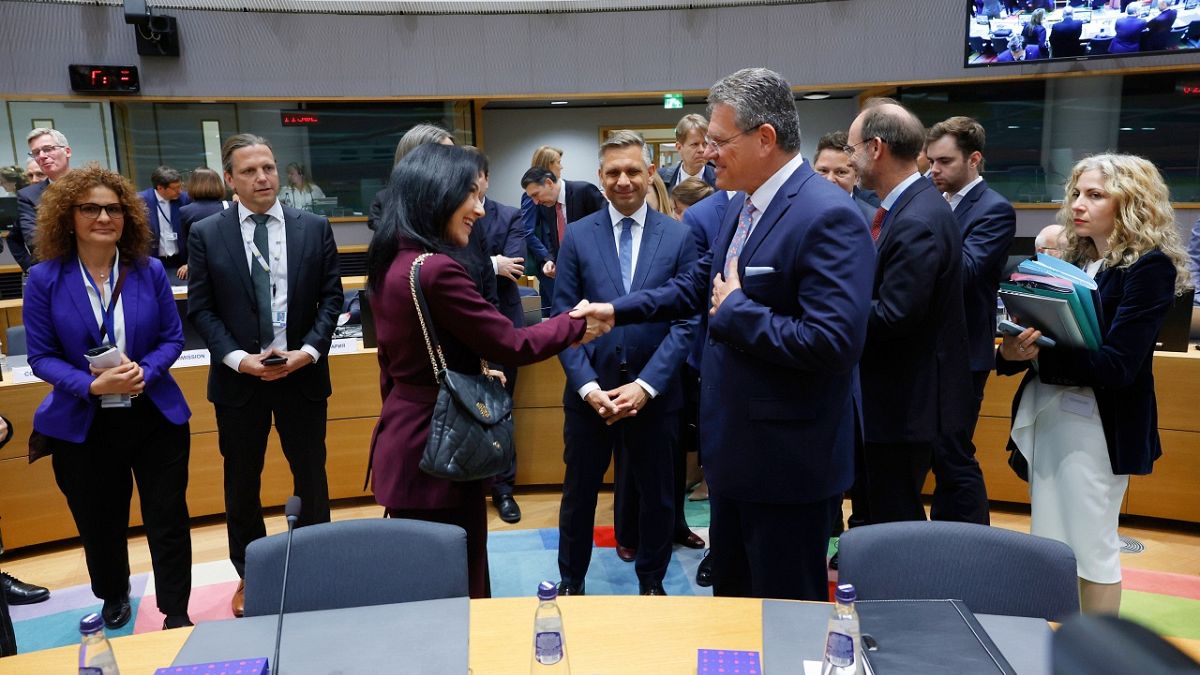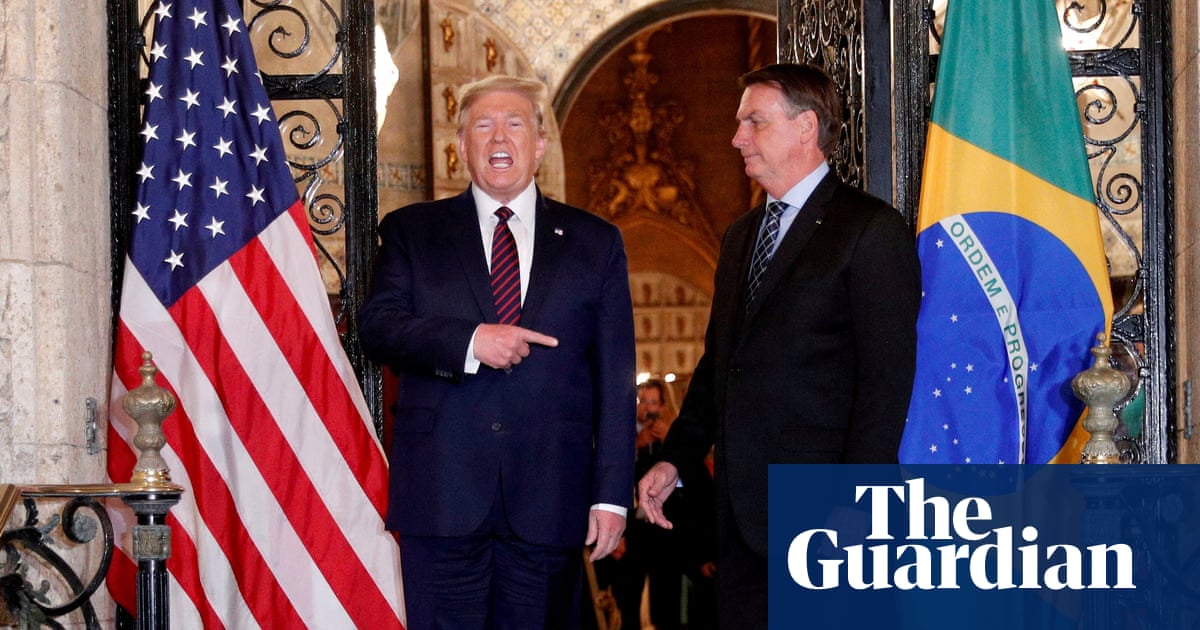T4K3.news
EU prepares to counter U.S. tariffs with Anti-Coercion Instrument
The European Union considers activating its Anti-Coercion Instrument amid looming U.S. tariffs.

The European Union prepares to activate its Anti-Coercion Instrument amid potential tariffs from the U.S.
EU considers use of Anti-Coercion Instrument to address U.S. tariffs
The European Union is weighing the deployment of its Anti-Coercion Instrument, a measure aimed at countering serious trade threats from the United States. As President Trump's administration moves to impose a 30% tariff on EU imports starting August 1, EU member states are contemplating retaliatory measures if a trade agreement cannot be reached. The ACI could restrict U.S. suppliers from accessing European markets, impacting public tenders, goods and services trade, and foreign investments. The EU's trade relationship with the U.S. has been tense, with notable trade imbalances creating friction. If implemented, the ACI would mark a significant escalation in the ongoing trade disputes and could affect numerous sectors, including technology and agriculture.
Key Takeaways
"The ACI is designed to deter perceived economic coercion from third-party countries."
This underscores the EU's efforts to protect itself against external pressures.
"Measures must be proportionate to the harm they counter, targeted and temporary."
This highlights the EU's cautious approach to using the Anti-Coercion Instrument.
"A reciprocal rate greater than 15% could result in some EU retaliation."
This statement reflects the potential consequences of escalating tariffs on both sides.
"Trump's threat to triple the rate is seen as a negotiating tactic."
This comment illustrates the complexity of the ongoing negotiations and their implications for future trade.
The situation reveals ongoing tension in transatlantic relations, as trade disputes threaten to escalate. The Anti-Coercion Instrument represents a robust response by the EU, a departure from traditional negotiation tactics. This could signal a shift in how economic strategies are employed globally, particularly as protectionist measures gain traction. Furthermore, Trump's tariff threats may serve not just as a negotiation tool, but risk igniting wider economic ramifications if both parties bolster their measures. By considering this drastic step, the EU showcases its determination to protect its economic interests amid increasing coercive tactics from foreign powers.
Highlights
- The EU is ready to respond with trade measures to protect its interests.
- The deployment of the ACI could change the dynamics of trade negotiations.
- This situation is a critical test for transatlantic relations.
- Trump's tariffs may lead to significant EU retaliation.
Potential backlash over trade tensions
The EU's consideration of the ACI indicates high-stakes negotiations with the U.S., which may provoke significant backlash from various quarters, especially if tariffs are imposed.
The EU's next steps could reshape economic interactions across the Atlantic.
Enjoyed this? Let your friends know!
Related News

EU prepares for potential tariffs in trade dispute with US

French PM slams EU-US trade deal as submission to Trump

Europe braces for potential U.S. trade tariffs

US and EU agree on proposed 15% tariff deal

EU prepares €93 billion trade retaliation package

U.S. enforces strict tariff deadline for EU

U.S.-EU trade agreement announced amidst busy market week
:max_bytes(150000):strip_icc()/GettyImages-2227392128-f95994034c8f47c38408febb9d015a6c.jpg)
Stock Markets Climb as Earnings Reports Approach
